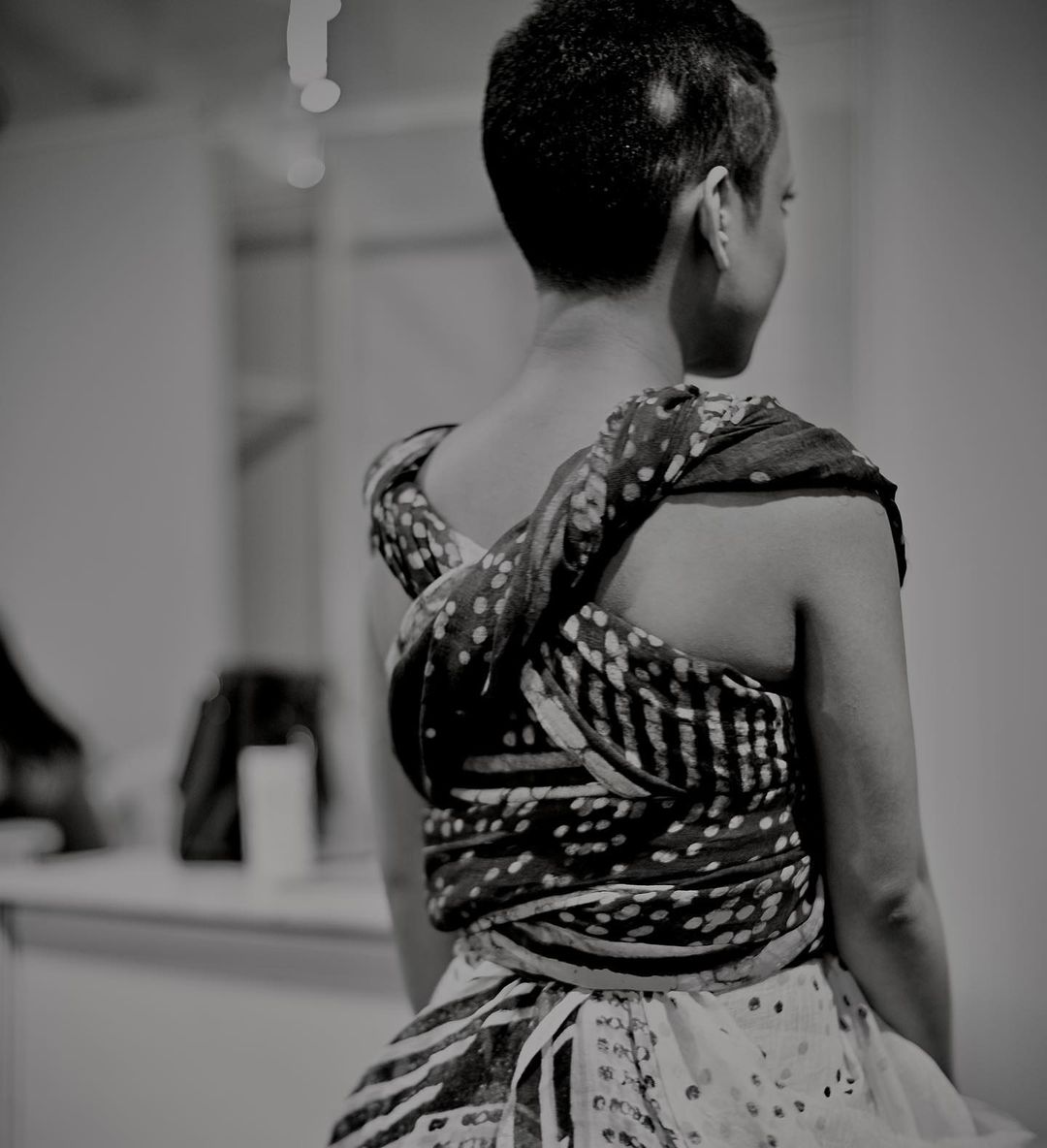Celebrated for bringing hand-woven linen saris into India’s fashion landscape, designer Anavila Misra is set to showcase her latest presentation DABU as the opening designer of the Atelier at Lakme Fashion Week X FDCI.
The collection is an attempt to present the sari’s stylistic nuances, philosophical metaphors and spiritual associations to nature in its raw form. The designer believes that a sari is not bound by zippers, buttons or belts, but like life, the sari flows into the vessel that is the body.
Bringing the simple elegance of a sari, unstitched and exquisitely draped to life with exquisite hand blocked Dabu prints, Anavila Misra speaks to News18 about choosing mud as the main heroine of her collection, paying tribute to the soil and the future of hand block prints.
Excerpts from the interview:
Opening Lakme Fashion Week X FDCI Atelier Show with your collection Dabu, tell us what makes this showcase special and how do you plan to celebrate this moment on the runway?
Dabu is an ancient mud resist hand block printing technique from Rajasthan. Choosing mud to be the main heroine of a design collection is a deep act of reverence to nature, a spiritual tribute to soil- the fount of life itself, this is what makes this showcase special. It couldn’t be a more timely affirmation when world over, people especially from the rural and artisanal communities are fighting for soil sovereignty and the sustainability of the earth. The Maoris talk about elevating the mana of the soil. Mana, the cultivator of energy and power, of soil. In Sanskrit, the earth is Karma Bhumi- the land of dharmic action. The significance therefore of a handful of mud is spiritually interwoven with people and the philosophy of life.
You mentioned ‘Dabu is about creating beauty through mud’, what inspired you to blend this age-old Rajasthani block printing technique with your design aesthetic?
Dabu is about creating beauty through mud. This collection brings forth the relationship between not only the art and the artisan, but also a deep, symbolic bond between human beings and the earth they stand on. Mud teaches us that life begins from the ground-up, that a tree does not grow from the leaves but from the roots embedded in mud. It is full of nurturing minerals that feed the soil and soul. Mud is our healer and for me, it was a natural order of moving to it and creating a collection we all can relate to as we relate to nature itself.
Saris play the perfect canvas in your collections, how have you experimented with the silhouette in this collection?
Saris before colonisation of India-worn without blouses and petticoats-were voluminous and diaphanous. The drape, however complex in construction, had every crease and pleat following the contours of the body with precision. Traditionally, the drapes, knots, and folds were carefully constructed around the body in order to carry everyday things like money, coins, and herbs. In this collection, these design nuances are recreated as emblems of exaggerated utility. Here you see the alluring contradiction in the sari- the very fluidity of it allows a sense of structure to thrive. It is a design that comes from intuition and self-awareness, allowing the sari to have a wonderful structure of stillness.
What’s the future of hand block prints in India in today’s digital and AI world?
As we are moving ahead with technological developments and AI integration into our daily lives we all seek a connection to nature, to artisanal, hand crafted, and detailed. In my view, artisanal products will continue to allure us and remind us of our roots. In this fast paced digital world, the value and beauty of handmade is unparalleled.
Myths about Dabu you would like to bust and tips on how to recognise hand block prints from machine made ones.
Mostly the myth around artisanal products is that they are dated and belong to the old world. However, in my view, there is a huge scope for creating minimalistic and modern design language using block prints and Dabu. You will see examples of the same in our upcoming collection.
To be held on March 9th, which is dedicated to Sustainable Fashion Day at Lakme Fashion Week X FDCI, Anavila’s showcase will be presented at 1pm at the Atelier, Jio World Gardens, Mumbai.

























